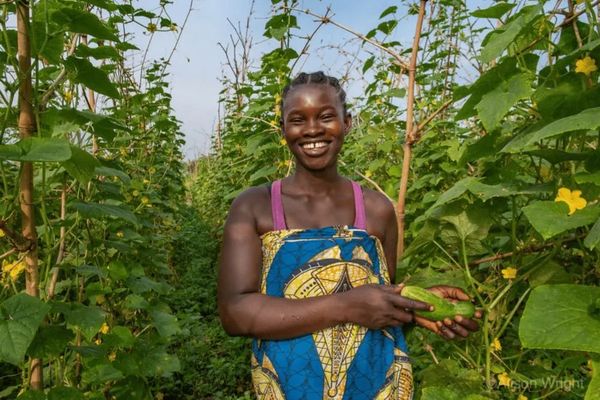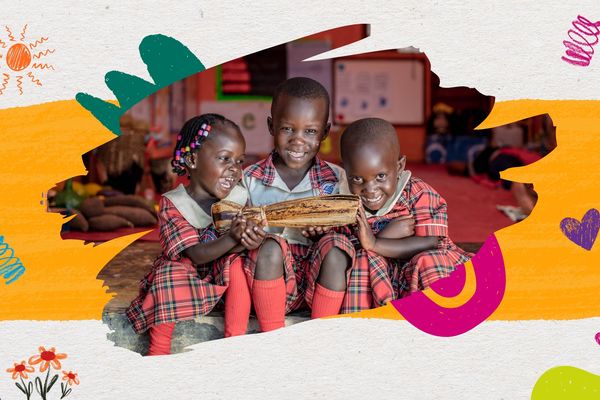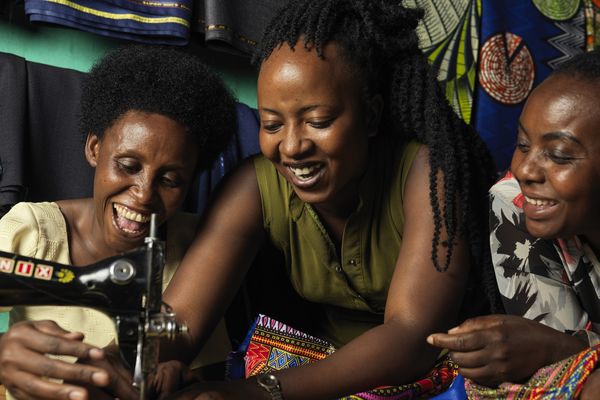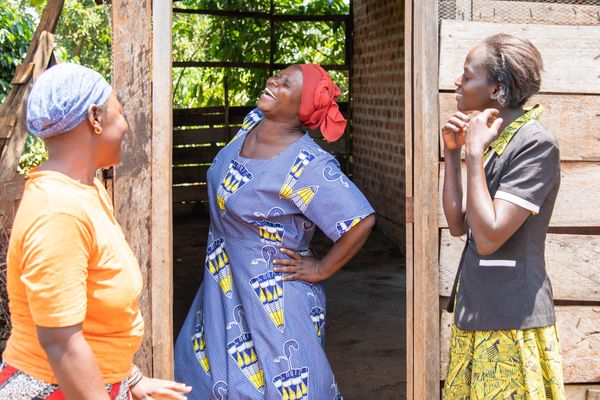A farm of one’s own: The potential of locally-led agricultural cooperatives in Liberia
Date: 19 May 2025
Patience Kortima grew up in a small village in Liberia. Since she was a child, most of the people she knew around her were farmers. That included her mother too. She saw them work hard, from sunrise to sunset, tilling the land and sometimes making tools with their own hands. In fact, Patience’s first job was as a farmer, under the guidance of her mother. Together, as the day broke, they would cultivate their small plot of land.
Agriculture is Liberia’s main economic sector. Over 75% of the population relies on agriculture for their livelihood. However, small-scale farmers like Patience and her mother most often lack resources and training. Without a start-up capital, they struggle to afford essential inputs, such as fertilisers and seeds, and the remote locations of their farms make accessing these inputs almost impossible, leading to low yields. Small-scale farmers also face challenges such as pest infestations and inadequate storage facilities, making market access difficult.
These days, however, it is fairly common to see Patience working in the fields. A mother of three, she often begins her day carrying her three-year-old daughter, Bendu, on her back as she tends to the land. Patience manages the farm as part of a cooperative, working alongside Mathew, the lead farmer of their group.
An agri-cooperative is made up of a group of farmers who work together, helping them to buy things cheaper, sell their crops at better prices, and help each other grow. It is akin to working in teams for better outcomes in farming, ensuring smallholder farmers are better able to participate in challenging markets. BRAC’s agriculture programme works on enhancing the entire agricultural value chain, in partnership with small-scale farmers, majority of whom are women.
Patience and Matthew, both trained in best agricultural practices, oversee the work of 20 other farmers – part of a 40-member cooperative. Patience works with BRAC to organise groups of farmers, facilitate knowledge exchange, and form producer collectives.
In Liberia, BRAC is helping farmers make the most of their harvests – starting from the farms all the way to the market. By promoting smarter ways to store crops after harvest, it supports farmers’ cooperatives to use their collective bargaining power so they receive the best price for harvests.
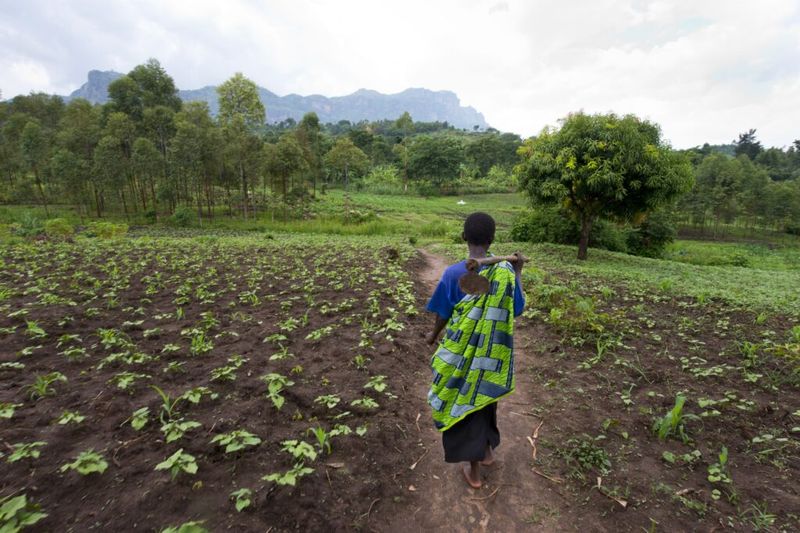
Members of the cooperatives learn about the different types of soil and fertilisers, ways to protect crops from pests, and the different kinds of crops suitable for different soil types. They also focus on the importance of diversifying their crops, and plan ahead what to grow in each season. Patience’s cooperative now grows okra, cucumbers, cabbage, peppers, and legumes.
“I learned the basics of farming from my mother,” says Patience. She however takes note that her mother used to only grow cucumbers on their plot. What was missing then, she explains, is the knowledge she now has – knowledge that has transformed her approach to farming.
“The money I earn not only helps me feed my children but I now send them to school. This method of working together helps us tackle challenges more effectively,” says Patience.
Each farmer in Patience’s group has their own plot of land, but during the planting and harvesting seasons, they all work together as time is of essence.
There are reports that members of the cooperative are now encouraging others in their community to take up this method of farming.
A spring of water is the only source of water for their crops. Patience along with other farmers use jerry cans provided by BRAC to collect the water. Once they are done watering, Patience sometimes goes off to pick ripe cucumbers from the field for little Bendu, who according to Patience “loves munching on them.”
After a long day in the fields, Patience walks home, about five kilometres away, stopping to fill a five-gallon jug of water that she carries on her head. Once home, she cooks and takes care of the children. The mud house is hot, and the roof leaks when it rains. Four generations of women and their families live in this house, making up a total of thirteen people. Patience is the only one in the household who earns. She makes about USD 130 every month.
Patience remembers her school days as some of the best days of her life. She had to drop out in the ninth grade and says she would return to school any day, if given the chance. She now hopes her son will become a doctor one day. As for her daughters? She wants them to be the president or prime minister!
By Abida Rahman Chowdhury and Sameeha Suraiya Choudhury
Supported by Liberia Country team
